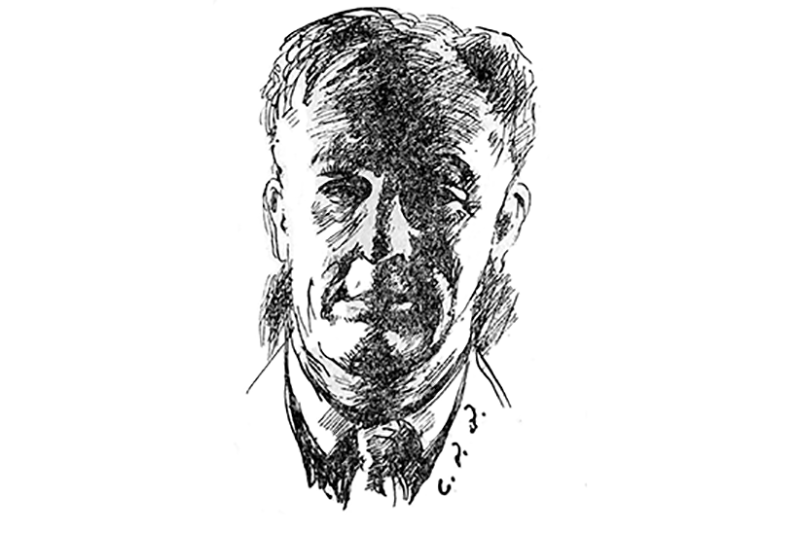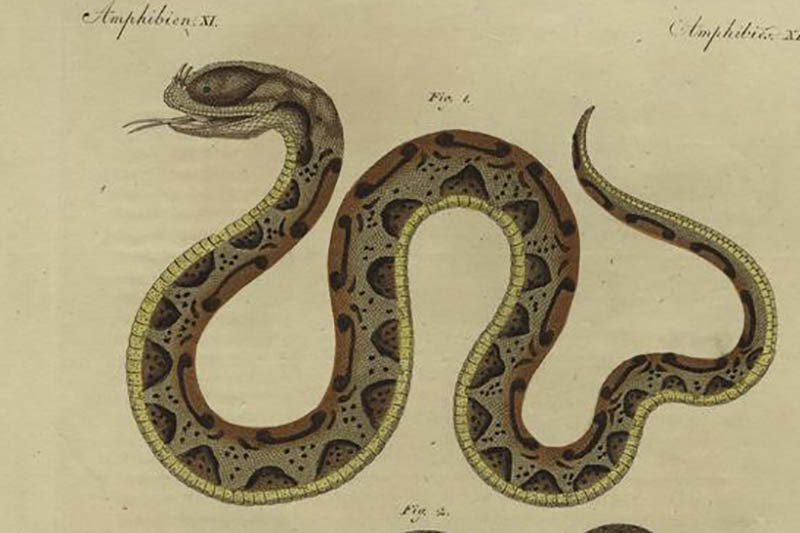Every week, the editors of The Paris Review lift the paywall on a selection of interviews, stories, poems, and more from the magazine’s archive. You can have these unlocked pieces delivered straight to your inbox every Sunday by signing up for the Redux newsletter.
This week, we bring you Joyce Cary’s 1954 Art of Fiction interview, Carolyn Gaiser’s short story “Differences,” and David Wagoner’s poem “Photographing Snakes.”
If you enjoy these free interviews, stories, and poems, why not subscribe to read the entire archive? You’ll also get four new issues of the quarterly delivered straight to your door.
Joyce Cary, The Art of Fiction No. 7
Issue no. 7 (Fall–Winter 1954–1955)
Religion is organized to satisfy and guide the soul—politics does the same thing for the body. Of course they overlap—this is a very rough description. But the politician is responsible for law, for physical security, and in a world of tumult, of perpetual conflict, he has the alternatives, roughly again, of persuading people or shooting them. In the democracies, we persuade. And this gives great power to the spellbinder, the artist in words, the preacher, the demagogue, whatever you call him. Rousseau, Marx, Tolstoy, these were great spellbinders … Poets have started most of the revolutions, especially nationalist revolutions. On the other hand, life would die without poets, and democracy must have its spellbinders.
Differences
By Carolyn Gaiser
Issue no. 40 (Winter–Spring 1967)
The next morning it was cold in the apartment. She sat on the edge of the bed, wrapped in an old plaid bathrobe and warmed her clothes over the electric heater. He was still asleep. Without his glasses, he seemed accessible, someone who could be talked to with understanding, without self-consciousness: his hair curling up into funny ringlets and the lines of his profile imprinting on the air a certain naive justice. A large suitcase lay open on the floor, overflowing with sweaters and socks. She wondered if anyone wore socks in Israel. Probably not.
Photographing Snakes
By David Wagoner
Issue no. 188 (Spring 2009)
They’ll seem to pose for you,
though they’re always posed
in their own ulterior ways
in a steadily calm abstraction
of available light. They belong
to what they’re lying on,
looking like nothing
on earth among other things,
and they arrange themselves
with what has been rearranged
repeatedly by the wind
and the time-stopped intervals
among seasons …
If you like what you read, get a year of The Paris Review—four new issues, plus instant access to everything we’ve ever published.
from The Paris Review http://bit.ly/2CmPU5x



Comments
Post a Comment